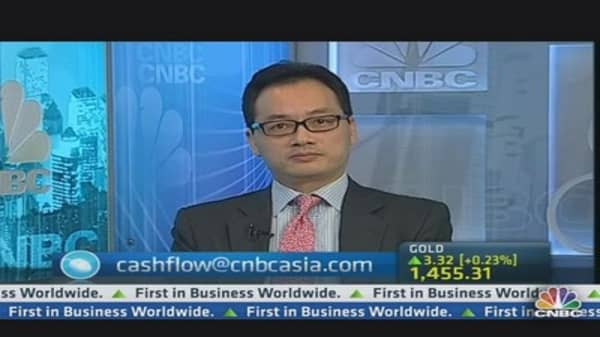Australian stocks touched multi-year highs on Wednesday while Japan's benchmark Nikkei closed at a fresh near five-year high after China's trade balance swung to a surplus in April, soothing investor concerns about a slowdown in the world's second-largest economy.
Elsewhere, the Shanghai Composite moved off a six-week high, Hong Kong shares hit an eight-week high and the Kospi ended below the 1,960 mark
(Read More: Watch Out: the Nikkei Train Is in Full Speed)
Chinese exports exceeded market forecasts, jumping 14.7 percent in April from a year earlier but some experts are questioning the accuracy of the data after Beijing recently acknowledged widespread overloading of exports as way to circumvent currency controls.
"Chinese numbers have always been quite suspectful and this time around, you will have people doubting the numbers but markets are really looking for something to latch on and these numbers have given it a boost," said Sani Hamid, director of wealth management, economy and market strategy at Financial Alliance.




